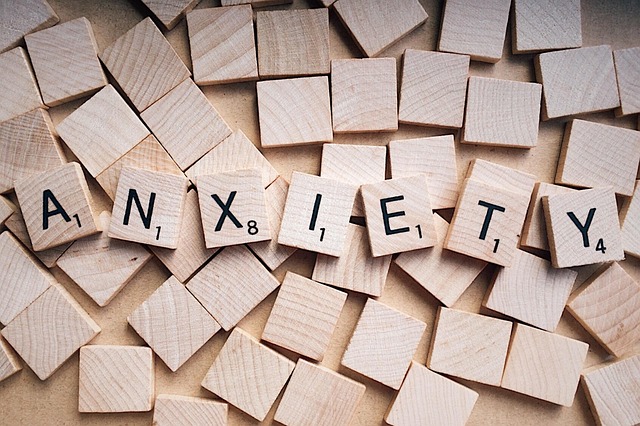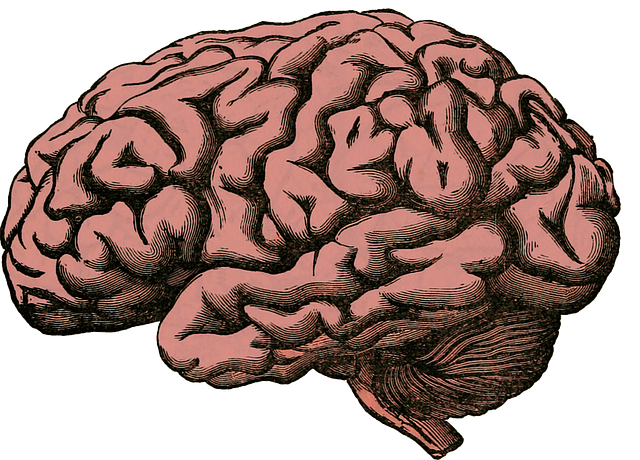Understanding cultural competency in healthcare is vital for addressing the unique needs of abuse survivors. Training equips professionals to navigate cultural differences, overcome biases, and create safer environments fostering mental wellness. Effective communication techniques build trust, encouraging patients to share traumatic stories. Trauma-informed care approaches include sensitive handling of complex trauma, use of techniques like EMDR, and prioritizing provider emotional well-being. These strategies enhance therapy effectiveness for self-esteem improvement, stress reduction, and depression prevention tailored to cultural contexts.
“Cultural competency in healthcare is an essential aspect of providing quality care, especially for trauma survivors. This article explores the critical role of cultural competency training for healthcare providers, focusing on improving outcomes for abuse survivors. We delve into the importance of understanding cultural nuances, identifying and challenging biases, and adopting effective communication strategies.
By examining these key areas, we aim to highlight how trauma-informed care approaches can transform clinical interactions, fostering safer and more supportive environments for those seeking therapy.”
- Understanding Cultural Competency in Healthcare: Why It Matters for Abuse Survivors
- Identifying and Overcoming Biases and Stereotypes in Clinical Settings
- Effective Communication Strategies for Building Trust with Survivor Patients
- Special Considerations for Trauma-Informed Care in Therapy Sessions
Understanding Cultural Competency in Healthcare: Why It Matters for Abuse Survivors

Understanding Cultural Competency in healthcare is paramount when addressing the unique needs of abuse survivors. In a world where cultural differences can significantly impact communication and care, professionals must be equipped to provide sensitive, effective therapy for abuse survivors from diverse backgrounds. These individuals often face additional challenges due to their experiences, including trauma, fear, and mistrust of authority figures, which can complicate their journey towards healing.
Cultural competency training equips healthcare providers with the knowledge and skills to navigate these complexities. By recognizing and respecting cultural differences in beliefs, values, and communication styles, therapists can foster safer and more supportive environments for abuse survivors. This approach not only enhances the effectiveness of therapy for self-esteem improvement and stress reduction methods but also promotes mental wellness by addressing the unique cultural barriers that may prevent survivors from seeking or fully benefiting from treatment.
Identifying and Overcoming Biases and Stereotypes in Clinical Settings

Identifying and overcoming biases and stereotypes is an essential aspect of cultural competency training for healthcare providers. These biases can significantly impact the care that patients receive, particularly those from marginalized communities or with diverse cultural backgrounds. For instance, a therapist might unconsciously project their own experiences or assumptions onto a survivor of abuse, hindering effective therapy. This could lead to misinterpreting symptoms or neglecting specific cultural healing practices that are integral to the patient’s well-being.
Training in this area equips healthcare professionals with the tools to recognize and mitigate these biases. It encourages self-awareness exercises and ongoing reflection, enabling providers to question their own preconceptions. By integrating mental wellness journaling exercises and guidance on culturally sensitive therapy techniques, healthcare providers can offer tailored support. This is especially crucial when addressing issues like depression prevention or providing effective treatment for abuse survivors, ensuring that every patient receives care aligned with their unique needs and cultural context.
Effective Communication Strategies for Building Trust with Survivor Patients

Effective communication is a cornerstone of building trust with patients who have experienced abuse, a vital aspect of healthcare provider cultural competency training. Healthcare professionals must create a safe and non-judgmental space for survivors to share their stories. Active listening, where providers give full attention, acknowledge emotions, and paraphrase experiences, can foster understanding and empathy. This approach allows patients to feel heard and validated, encouraging them to open up about their traumatic experiences.
Incorporating mindfulness meditation techniques into communication strategies can enhance these interactions. Mindfulness helps professionals stay present, calm, and attentive during potentially sensitive discussions. A confident and composed provider is more likely to build rapport and trust with survivors, ensuring they feel safe and supported throughout the therapy process for abuse survivors. Additionally, confidence-boosting exercises can empower healthcare workers to communicate effectively, making them better equipped to meet the unique needs of this patient population.
Special Considerations for Trauma-Informed Care in Therapy Sessions

In trauma-informed care, healthcare providers must approach therapy sessions with a deep understanding and sensitivity to survivors of abuse. Many individuals who have experienced complex traumas may present with unique challenges, such as dissociation, heightened anxiety, or unpredictable emotions. Therapists should create a safe, non-judgmental environment that fosters trust and encourages open communication. Incorporating trauma-specific interventions and techniques, like eye movement desensitization and reprocessing (EMDR), can aid in processing traumatic memories and promoting emotional well-being. By integrating mind over matter principles, therapists can empower patients to reframe their experiences, fostering resilience and self-coping mechanisms.
Beyond these therapeutic approaches, healthcare providers should prioritize their own emotional well-being promotion techniques to prevent burnout. This involves recognizing the impact of working with trauma survivors and implementing effective stress management strategies. Regular supervision, peer support, and self-care practices are essential burnout prevention strategies for healthcare providers who support abuse survivors in therapy sessions.
Cultural competency training is a game-changer in healthcare, especially when it comes to offering effective therapy for abuse survivors. By identifying and challenging biases, healthcare providers can create a safe and supportive environment, fostering trust and better outcomes for patients. This article has explored key strategies, from understanding cultural nuances to implementing trauma-informed care practices, all essential in providing quality services to vulnerable populations. Embracing these approaches ensures that survivors receive the compassionate and culturally sensitive support they deserve during their healing journey.














